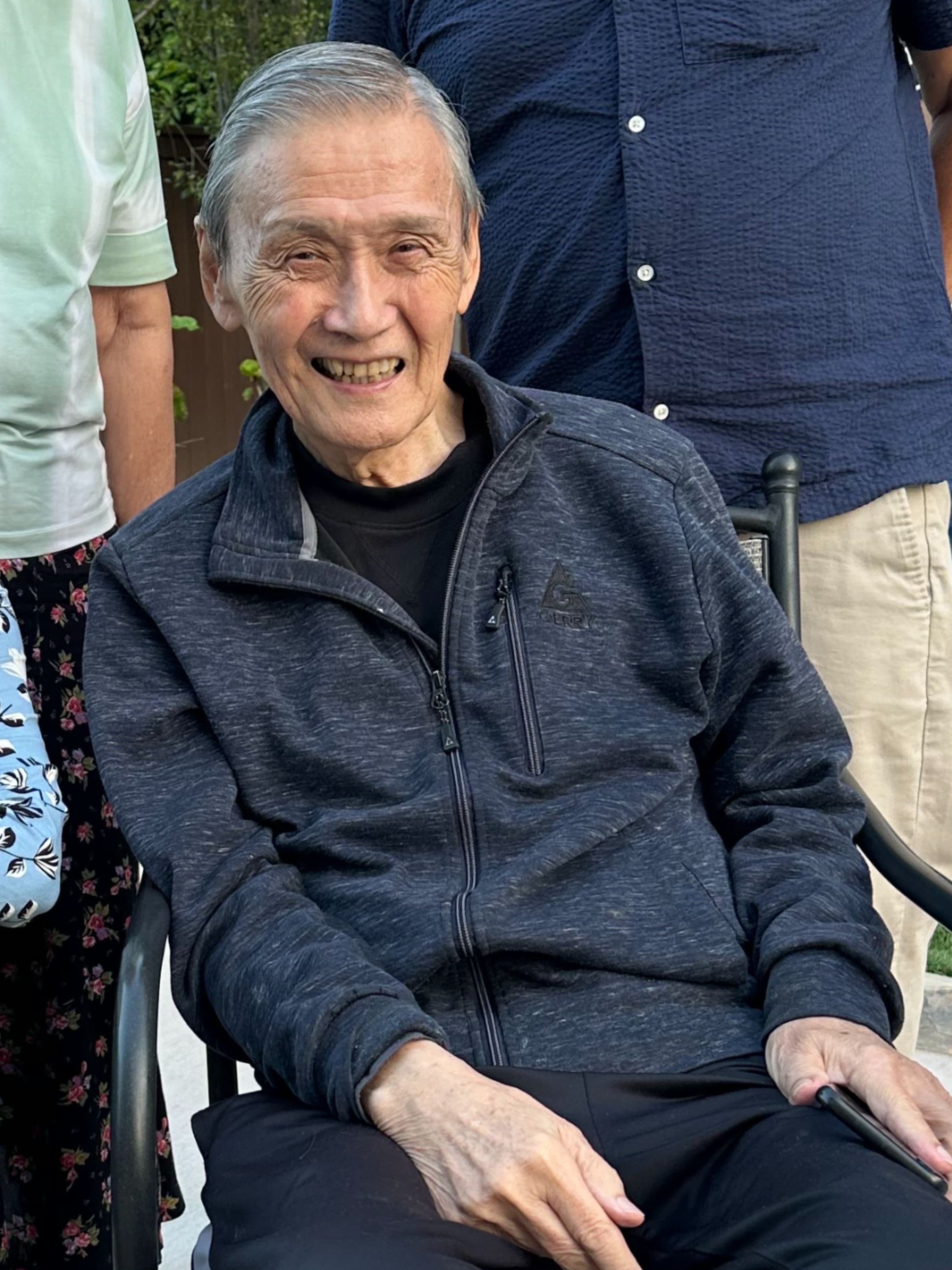
 It is with deep sadness that we pay tribute to Alan Nishio who passed away in Gardena surrounded by his family after a 17-year battle with cancer at age 78. Our condolences go out to Yvonne Wong Nishio along with daughters Angela Nishio and Mia Lockwood, son-in-law Gregory Lockwood, and his six grandchildren.
It is with deep sadness that we pay tribute to Alan Nishio who passed away in Gardena surrounded by his family after a 17-year battle with cancer at age 78. Our condolences go out to Yvonne Wong Nishio along with daughters Angela Nishio and Mia Lockwood, son-in-law Gregory Lockwood, and his six grandchildren.
Alan has been an exemplar of activism and service who profoundly influenced generations of students, community organizations and educational institutions.
We are particularly grateful to Alan for his leadership as the Acting Director of the UCLA Asian American Studies Center (AASC) in its founding years at the young age of 24. His mark on the Center however brief is important, as his selection over traditional faculty was a decisive move among the Center's students and staff to advance research and teaching in service to the community.
His service and activism began as an undergraduate at UC Berkeley as he stepped onto the campus in the midst of the Free Speech Movement. He became involved in the Student Nonviolent Coordinating Committee and was influenced by the Black Power Movement. When he was a senior, he came across a library book that mentioned Manzanar, one of ten concentration camps during WWII where over 125,000 Japanese Americans were incarcerated. Alan was born in Manzanar but hadn't been told it was a prison. Learning more about this history propelled him more squarely into the Asian American movement. UC Berkeley was also where he met Yvonne, partner in marriage and community for over 55 years.
After short stays in Japan and Amherst, he began a 35-year long career in 1972 at California State University Long Beach starting with the Educational Opportunity Program and retiring as the Associate Vice President for Student Services. He relished his work with students of color to ensure both equity and excellence. In a talk to UCLA Asian American Studies students, Alan reflected:
What I'm most proud about (my work at Cal State) Long Beach was that we have the son of a doctor from Newport Beach driving his BMW to the campus. We have the daughter of an undocumented immigrant from Huntington Park taking the Blue Line to the 90 bus to school. And if we do it right, they would have both learned from being in the same classroom together. ...if we're not meeting the educational demands of (the son of the doctor), they'll go somewhere else. But that's the level of education the daughter of an undocumented immigrant deserves. So, I just love the challenge at that campus of balancing equity and excellence.
Alan grew up in the Mar Vista Gardens housing project and was actively involved in organizations creating affordable housing. He was an early member of the Little Tokyo People's Rights Organizations to fight evictions and advocate for small businesses and residents during 1970s urban redevelopment. He later served for almost 40 years on the Board of Directors and Board of Governors of the Little Tokyo Service Center, assuming major leadership positions as the organization expanded from social services to include affordable housing development.
But perhaps his most significant legacy is the successful movement for redress and reparations for Japanese Americans. He was a founding member and co-chair of the National Coalition for Redress and Reparations and helped build a grassroots campaign to win a formal apology and monetary reparations from the US government for the unjust incarceration during WWII. He stressed the importance of activism and organizing in his typically humble way:
At this point in my life, I've come to really appreciate the value of grassroots activism and the importance that community organizing can play and how its forged my own identity. But I can also say how it has shown to me the impact that we can have on creating significant social change. And I can say that the motions and movements that I have been involved in have significantly changed the nature of society. I cannot say that I was a 'leader' in those, but I can say that I was engaged in those movements. And I think that's really what it's all about.
Towards the conclusion of his talk in 2020, he left us with these words:
I lived through the 60s and that was a defining decade, but the current one we're in will be as defining if not more defining for the nature of our society and our country. We were fighting for civil rights, for equal educational opportunity, important kinds of things. But in 2020, we're fighting against climate change, global warming, the destruction of our planet, a rise in nationalism under the guise of patriotism internationally...and the rise of authoritarianism and a disregard for democratic institutions.
Now is not the time to be a bystander...now is the time to stand up and to be counted.
Alan, we will miss you but will make sure we are counted as we take on the challenges you foretold.
Learn more about Alan Nishio's life and legacy in his 2018 Oral History Interview, part of AASC's Collective Memories Project.
Additional Service and Awards:
- Assistant Director of the USC Center for Social Action
- Founding member and chair of the California Japanese American Community Leadership Council
- Board Member for the Japanese American Cultural and Community Center in Los Angeles
- Order of the Rising Sun recognition from the Japanese Government
- Member of the Kizuna Little Tokyo Advisory Council
- Sue Kunitomi Embrey Legacy Award by Manzanar Committee
- Japanese American Citizens League Lifetime Achievement Award
- Establishment of the Alan T. Nishio Educational Equity Excellence Scholarship